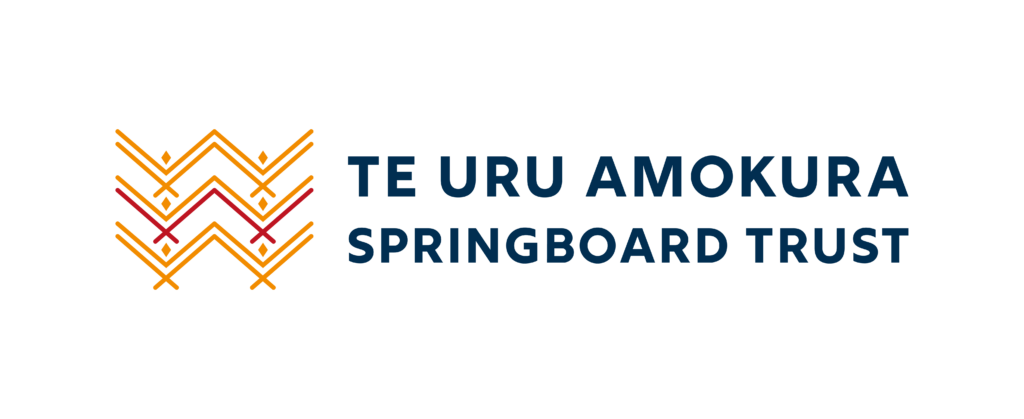As we slowly return to our offices and schools, it’s understandable that we will have some anxiety.
Beyond the potential for disease to still spread, we have spent the last two months in limited bubbles with minimal face-to-face contact. This time period was long enough for us to become completely used to lockdown and form new home-specific habits, so it makes sense that we will all need some time to adapt to being around more people again.
While the ability to connect with others is beneficial to our general wellbeing there is still a significant risk that returning to school or work can pose a challenge our mental health a. The Mental Health Foundation (MHF) has provided some excellent resources, one of our favourites is the three R’s of recovery.
The three R’s of recovery
With low levels of stress prevalent at even the calmest of times under COVID-19, you need to be able to recognise your stress indicators and get time to yourself. The MHF recommends the “Three R’s” to help you minimise stress – and recover if it goes unchecked.
- Refuel / Whakatipu: Looking after your wellbeing, setting boundaries and making sure you have the time, space and comfort to refuel after a stressful situation or day.
- Resolve / Whakatika: Look out for things that make you stressed, and find responses that will help you resolve them next time they pop up.
- Relax / Whakatā: Make relaxation your priority when you do feel stress coming on.
This goes doubly for leaders. As those responsible for the resilience and wellbeing of a whole network of people, it is critical to manage your own stress, so you can better help others do the same. The MHF has some choice tips to support managers and workplace leaders to do this, including:
Connecting. It’s important that everyone has someone they can talk to. Give yourself permission to not feel okay, and make sure to connect with those around you.
Authenticity. Nobody expects you to be able to answer every question – be open with what you don’t know.
Breathe. Give yourself regular breaks, take a day off when you need it. Everyone will still be there when you return, and it’s vital to recognise when you’re not in the right state to help others.
This is just a handful of the tips from the Mental Health Foundation – for the full set of information, check out their COVID-19 workplace resources.
Mental Health Foundation: COVID-19 Workplace Resource
For more Springboard Trust resilience resources, please head over to our kete!









